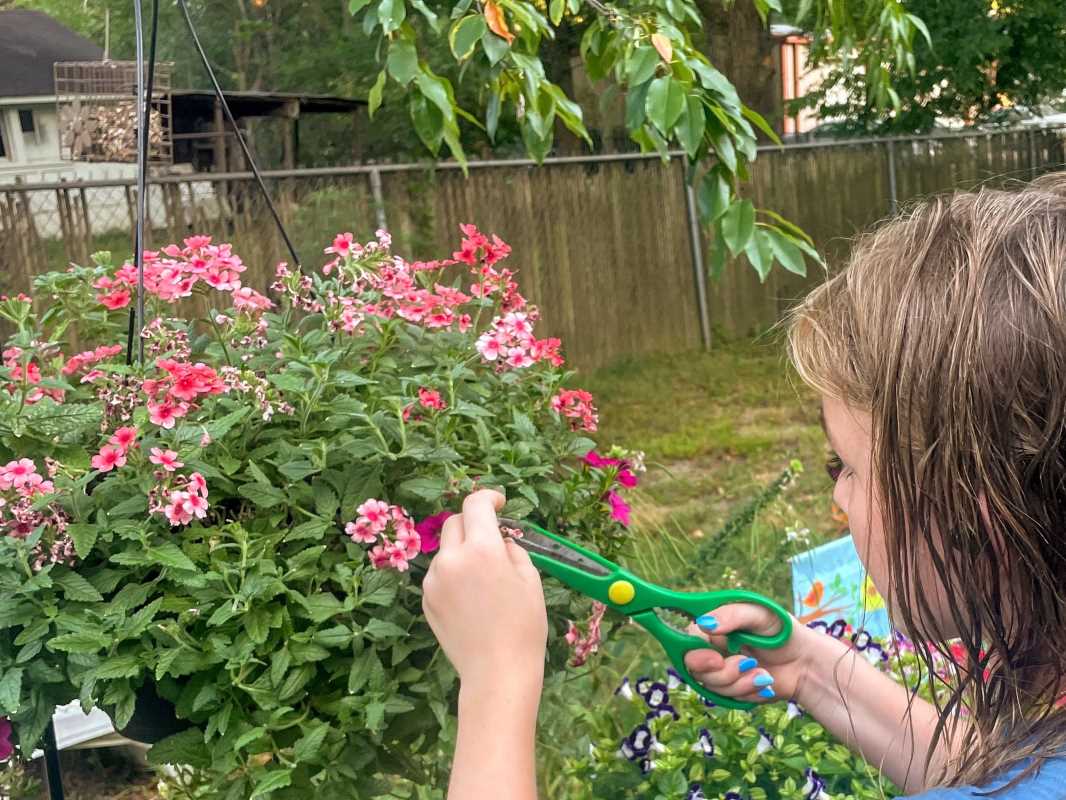Known as empty nest syndrome, this phenomenon occurs when children leave home, often for college or to start their own lives, and parents must adjust to a quieter household. While this change can bring about feelings of loss and sadness, it also presents an opportunity for growth and renewal.
Why it Happens
For many parents, their role in their children's lives is central to their sense of identity. Parenthood often means years of dedicating time, energy, and focus to raising children, so their departure can leave a void. This loss of daily responsibilities and companionship may lead to feelings of loneliness, purposelessness, and even a fear of aging or irrelevance.
This transition can stir up mixed emotions—pride in a child's accomplishments combined with the sadness of their absence. Understanding these feelings and accepting them as a natural response to change is an important first step in adjusting to the empty nest.
Embrace New Opportunities
An empty nest can serve as a fresh slate to rediscover personal interests and passions. Have you always wanted to learn photography, take a pottery class, or write a novel? Now is the time. Reclaiming old hobbies or exploring new ones can reignite a sense of purpose and bring genuine joy.
Travel is another exciting avenue to consider. Whether it's short weekend trips or exploring international destinations, traveling can be a rewarding way to fill your newfound free time while expanding your horizons.
Reconnect with Your Partner
For parents in relationships, this phase presents a chance to rekindle the bond with your partner. After years of focusing on children, couples often find they now have time to focus on each other. Plan regular date nights, cook meals together, or start a shared hobby like biking or hiking.
Weekend getaways or even small adventures, like exploring local attractions, can help rebuild intimacy and remind you of the partnership that’s carried you through the parenting years.
Stay Connected with Your Children
While fostering your children’s independence is crucial, maintaining regular communication helps keep the bond strong. Schedule weekly calls, video chats, or occasional visits to catch up on their lives and share updates about your own.
Avoid the temptation to micromanage or overreach; instead, aim for a healthy balance that respects their autonomy while offering support and encouragement.
Get Involved in Your Community
Volunteering is an excellent way to fill the void left by your children’s departure while making a meaningful difference. Whether it’s mentoring youth, assisting at local charities, or participating in community clean-ups, volunteering connects you with others and provides a renewed sense of purpose.
Joining social groups or clubs, such as a gardening society or book club, can also open doors to new friendships and enrich your daily life.
Prioritize Health and Wellness
The empty nest phase is the perfect time to focus on your well-being. Regular physical activity, such as walking, swimming, or yoga, can boost mood and reduce stress. Incorporating a balanced diet supports energy levels and overall health.
Mindfulness practices, such as meditation or journaling, can help manage feelings of anxiety or sadness. Apps and online resources can make integrating these practices into your routine simple and accessible.
Seek Support if Needed
If the transition feels particularly challenging, don’t hesitate to seek professional support. A therapist or counselor can provide valuable insights and coping strategies tailored to your experience.
Additionally, support groups for empty nesters offer an opportunity to share feelings and stories with others navigating the same life stage. Knowing you’re not alone can be incredibly comforting.
Finding Fulfillment in a New Phase of Life
Transitioning to an empty nest doesn’t mean life slows down—it signals the beginning of a new chapter brimming with potential. It’s a chance to:
- Celebrate Your Children’s Achievements: Reflect on the joy of their growth and the milestones they’ve reached, knowing you’ve played a significant role in shaping their journey.
- Invest in Personal Growth: Explore activities and opportunities that nurture your mind and spirit, whether it’s pursuing education, starting a business, or diving into creative endeavors.
- Strengthen Relationships: Deepen connections with friends, family, and your partner by dedicating time to meaningful conversations and shared experiences.
Remember, it’s natural to experience a mix of emotions during this transition. Feelings of sadness or nostalgia don’t diminish the excitement of what lies ahead. By embracing change and focusing on self-care, you can navigate empty nest syndrome gracefully and find newfound joy in this phase of life.
The empty nest is not just an ending but a beginning—a chance to rediscover your passions, prioritize your well-being, and cultivate a life filled with purpose and fulfillment. Whether through travel, community involvement, or simply taking time to reconnect with yourself, the possibilities are endless.
 (Image via
(Image via





